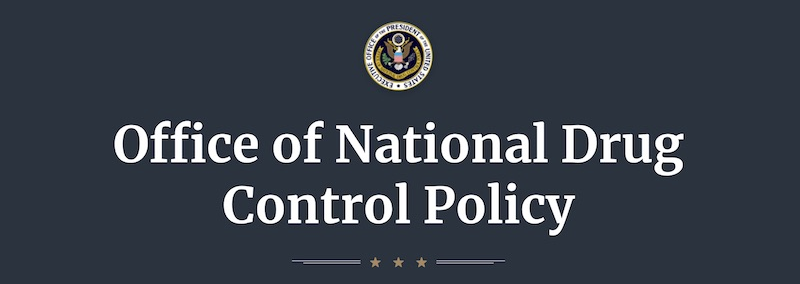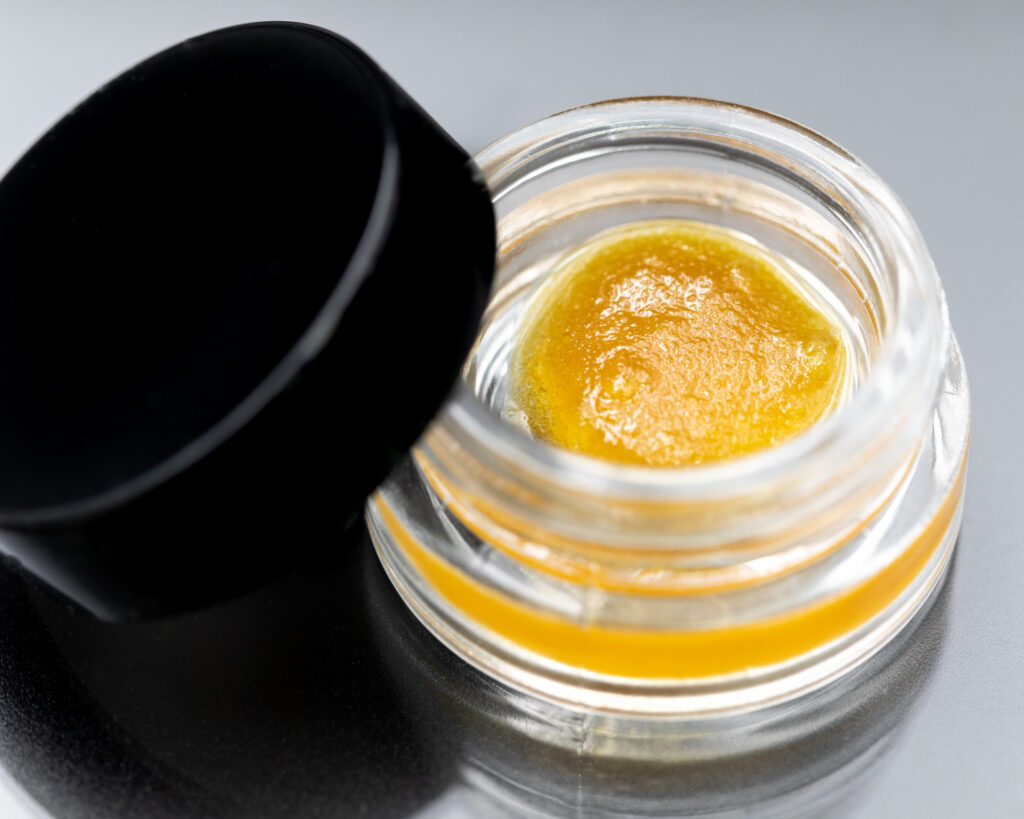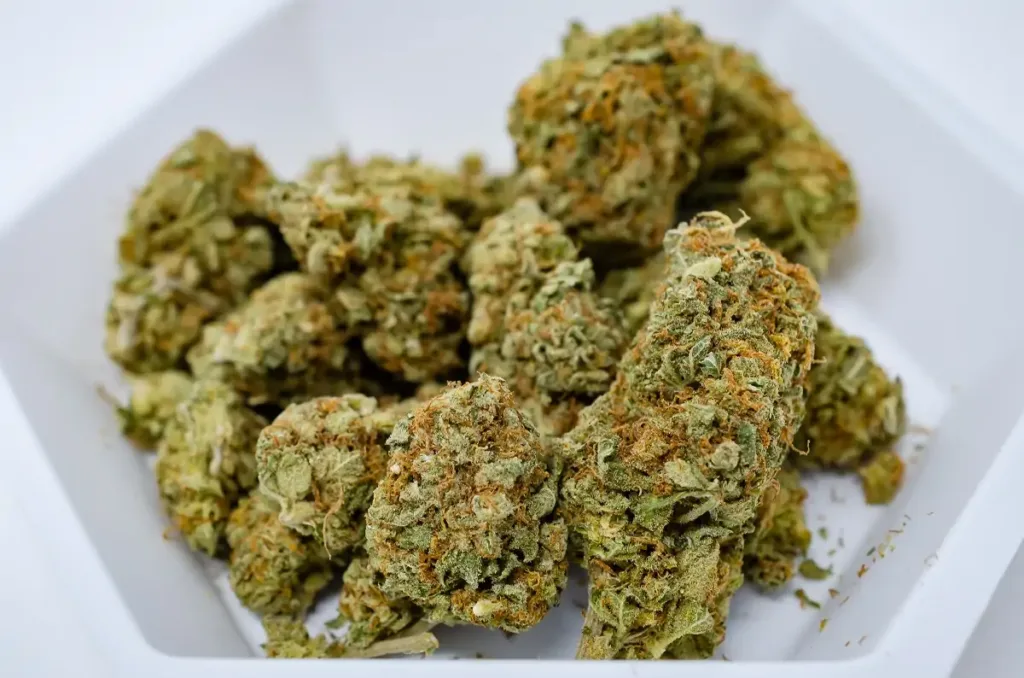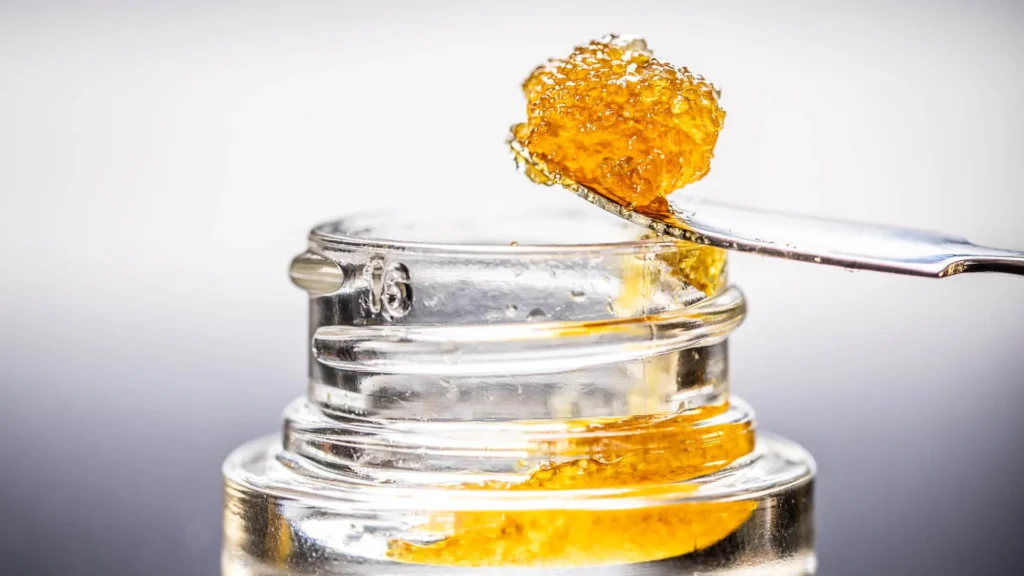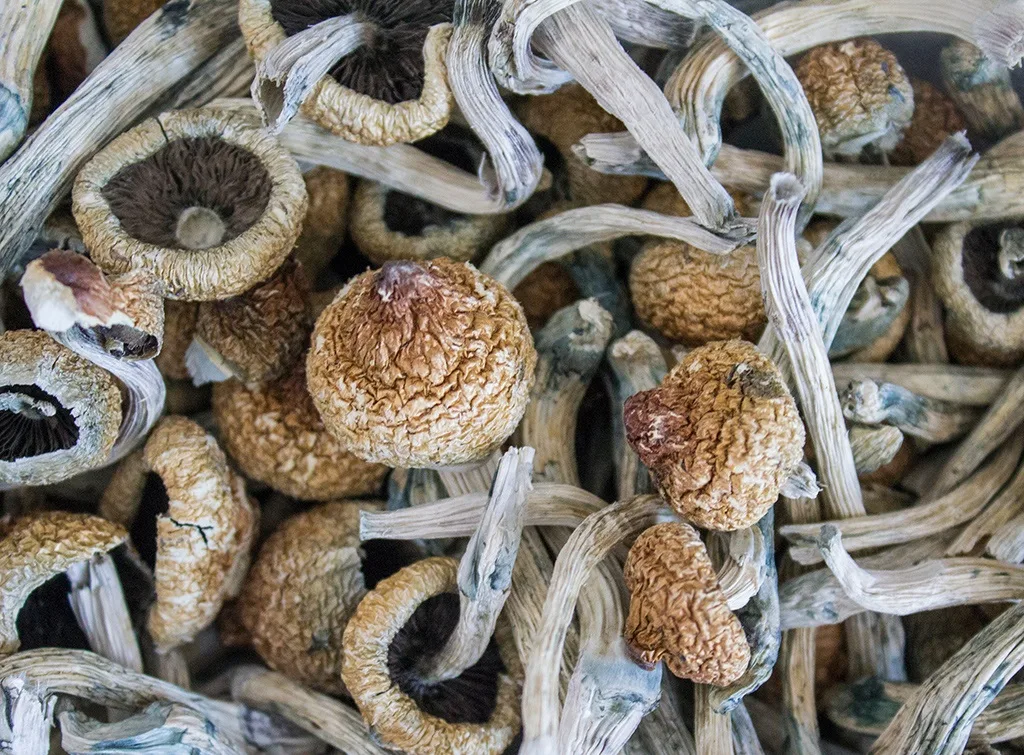The Oregon Liquor and Cannabis Commission (OLCC) has issued a product recalls for cannabis edible cookies sold under the name Lissa’s Fresh Baked Cookie Bites that do not list the allergen milk in the “Contains” statement.

The recall applies to the Snickerdoodle and Chocolate Chip versions of these cookies, according to a recent press release.
The issue was first identified by the Oregon Department of Agriculture (ODA) Food Safety Program during a routine inspection of a marijuana retailer. The edibles may have been sold by up to 37 different recreational marijuana retailers to consumers in the state from approximately November 2023 to March 2025.

